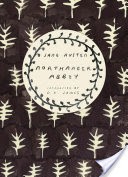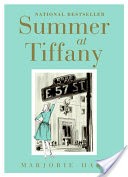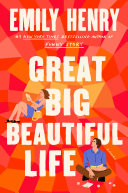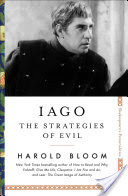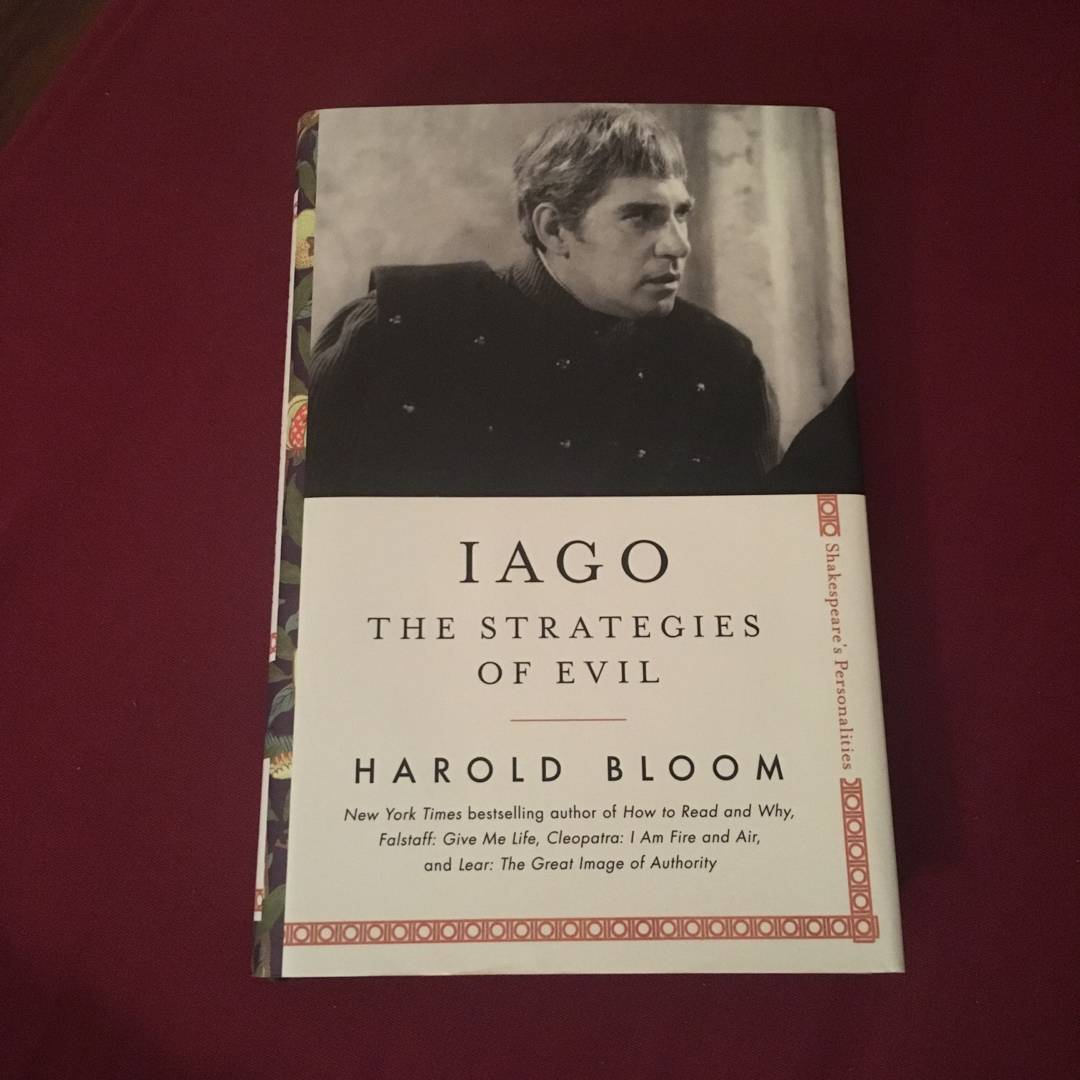
Managed to read this today in between grocery shopping and making chicken wings. Now if the Saints can win, it will be a great day. Good book. Not as good as the Falstaff one, and I don‘t always agree with Bloom; but, he always makes me think.
6 likes







